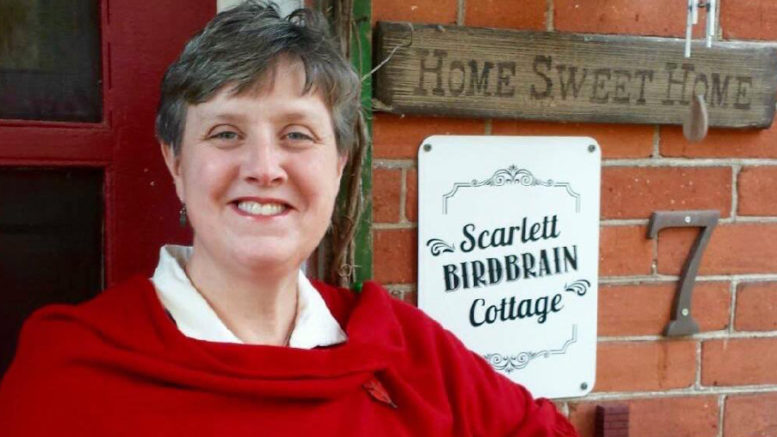Laurie Snider
Notes from the Nest
As a child growing up in the 1960s, I have a vivid memory of driving down the highway, in the back of a station wagon with my siblings, with our heads hanging out the back window, watching the lines on the road whipping by below us. Seatbelts, if your car in fact had them at all, were entirely optional. At the time, our afternoon joyride would have been viewed as perfectly acceptable, unworthy of even a raised eyebrow.
Any parent today caught with their child in a similar tenuous position, would be stopped by police, ticketed and receive a visit from children’s services. The numerous hard lessons of deaths and horrific injuries in Motor vehicle accidents, due to unrestrained passengers, was enough to convince those in the know, that seatbelts in fact save lives and should be mandatory.
Often, society evolves when we learn that something we once viewed as OK, turns out to be not such a great thing after all. A present-day example of this is our love affair with plastic, specifically single use items, like drink bottles and caps, cutlery, take-out food containers, shopping bags and straws. Many of these articles, originally purchased for convenience, are in reality causing a great deal of harm.
Our wanton abandon when it comes to plastic, has led to the formation of massive, undulating collections of plastic in our oceans, called gyres. The Great Pacific garbage patch alone, contains 79,000 tonnes, which is larger than the area of Quebec. Not good!
Researchers say if we don’t clean up our mess, by 2050, there will be more plastic than fish in the oceans. These gyres contain large objects such as bottles, containers, straps, lids, ropes and fishing nets but also much smaller particles, less than half a centimetre. Large or small, these are causing deadly results for marine life that get tangled in them or ingest them.
The tiny pieces, are also a big problem for us. The fish ingest them and then we eat the fish, so we are inadvertently absorbing these chemical cocktails too! Yuck!
We’ve all also been distressed by the stories in the news of beautiful sea creatures — whales, seals, sea turtles, et cetera tangled up in garbage, struggling to survive. Last week a particularly disturbing story was revealed about a sperm whale, that washed up on a beach in Spain. When the necropsy on the animal was performed, it was revealed that the whale had taken in 64 pounds of garbage, leading to it’s death. Tragic!
Thankfully, people are beginning to notice and action is being taken. Several governments are banning the use of all or parts of single-use plastics, including the U.K., Costa Rica and many European and African countries. Our own environment minister, Catherine McKenna, is pushing to see G7 nations sign a plastics charter, pledging to work toward 100 per cent recyclable, reusable or compostable packaging. We need to encourage her and see that our government carries through. Even the Queen, has banned all single-use plastics from her households.
Each day the equivalent of one dump truck full of plastic per minute, is dumped into our oceans. According to the David Suzuki Foundation, in the U.S. alone, 500 million straws are discarded everyday, enough to wrap around the Earth’s circumference 2.5 times a day. Straws are among the top 10 items found discarded on our beaches, oceans and waterways.
There is a myriad of excellent organizations engaged in clean up operations, working with corporations and companies, challenging them to move away from single use plastics. They’re also educating the public about solutions, to this rather staggering problem; David Attenborough’s Blue Planet group, David Suzuki Foundation, the folks at Story of Stuff and the groups, Surfrider and The Last Straw to name a few.
So many times, when it comes to environmental issues, the problems seem so overwhelming and colossal, that feeling hopeless and powerless are quite normal reactions. In the late 1960s and 1970s, we learned seatbelts save lives. Changing our attitudes and behaviours about using plastic, can make a real difference too.
According to The Story of Stuff, each person in North America uses 300 pounds of plastic per year. If we all work together, that’s 300, times a whole bunch of us that we can reduce! By eliminating or minimizing our use of plastics such as bottles, shopping bags, plastic cutlery and especially straws, we can make a tremendous difference.
A young, Canadian student, named Max Machum, started the ‘No Straw Challenge,’ after watching a documentary in 2015, where a plastic drinking straw was removed from a sea turtles nose. He’s encouraging others, to refuse to use plastic straws too. What an admirable, inspirational young man! I plan to join him and I hope you will too.

